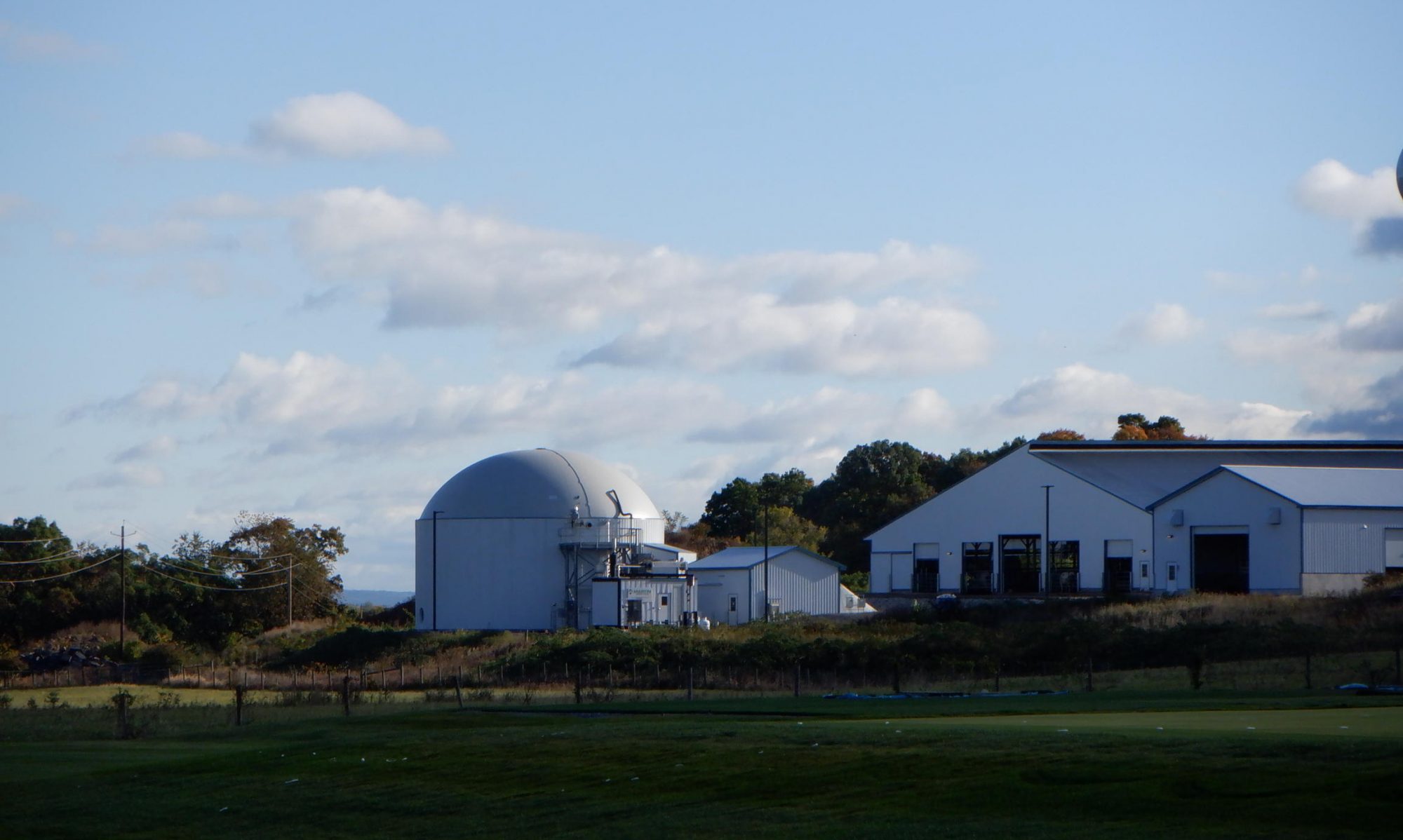How much energy does it take to produce biodiesel, compared to the energy in the fuel itself? And what is the total environmental impact of biodiesel production? These questions can be answered using a technique called “life cycle analysis.”
Life cycle analysis (LCA) is a relatively recent tool, growing in popularity, that is used to estimate the environmental, energy, and economic performance of a product or a system. In essence, it is a budgeting process that accounts for all inputs (raw materials and energy) and outputs (products, waste materials, and environmental impacting components such as CO2).
Topics on Biodiesel Life Cycle Analysis (LCA)
Energy Life Cycle Analysis of Biodiesel
The latest energy life cycle analysis shows that biodiesel is a renewable fuel with an energy yield of 450% of energy inputs. This article explains how an energy life cycle analysis is conducted and why there are discrepancies between studies.
Environmental Life Cycle Analysis of Biodiesel
This topic discusses the process of determining whether biodiesel is an environmentally friendly fuel.
Life Cycle Analysis for Biofuels
An introduction to life cycle analysis for biofuels in general.
Net Energy Balance for Biofuels
This article provides a brief overview of the controversy around the energy balance of biofuels.
For Additional Information
- Introduction to Farm Energy
- Introduction to Biodiesel
- Biodiesel Feedstocks
- Biodiesel Processing
- Biodiesel Utilization
Contributors to This Article
Author
- Dev Shrestha, Associate Professor of Bioenergy, Department of Biological and Agricultural Engineering, National Biodiesel Education Program, University of Idaho
Peer Reviewers
- Doug Haines, Associate Professor of Marketing, University of Idaho; team member of National Biodiesel Education Program
